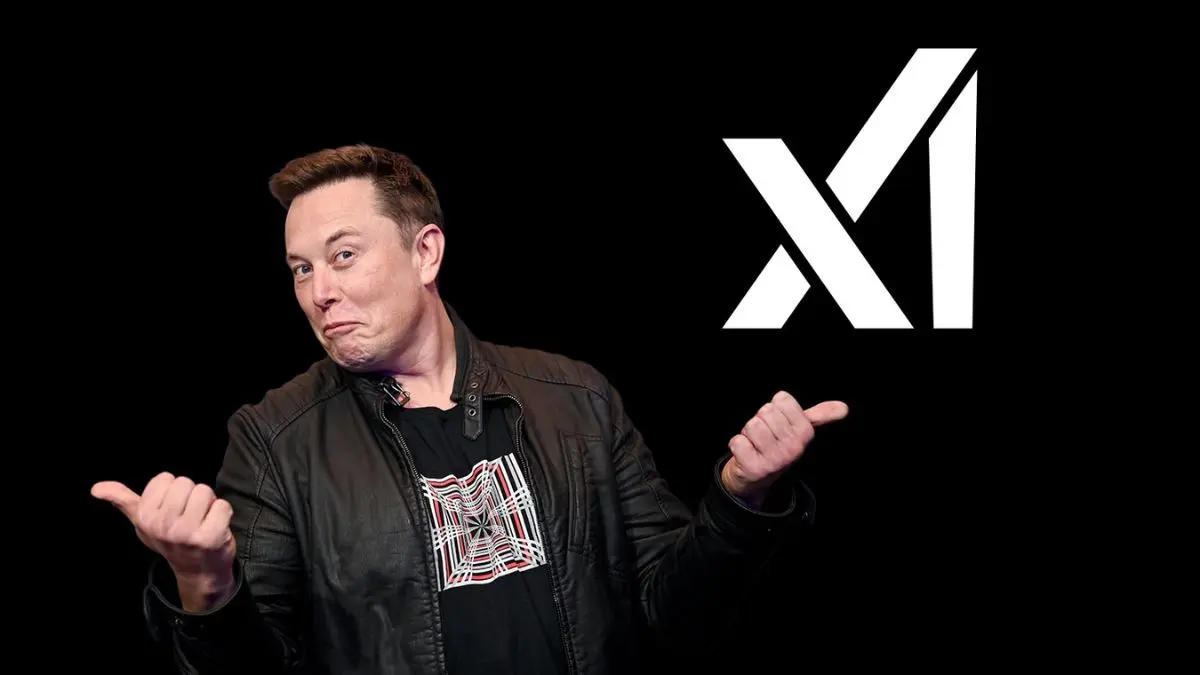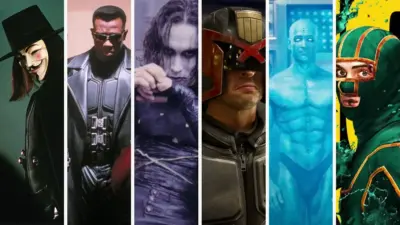If you’ve been keeping up with Elon Musk’s latest escapades, you’ve probably heard about his announcement to start an AI-powered game studio under his xAI company. The claim came via a casual tweet, responding to Dogecoin creator Billy Markus, where Musk declared that xAI would “make games great again.” But before you start imagining a revolution in gaming, let’s break this down.
What’s the Plan?
Musk’s comment stemmed from a conversation about how many game studios are owned by massive corporations, which he criticized. Yet, the irony wasn’t lost on anyone: xAI, the company spearheading this project, is itself a $50 billion behemoth. Musk offered no further details on how this studio would work, what games it might produce, or how it would supposedly differ from the very corporations he’s targeting.
The announcement has raised more eyebrows than expectations, particularly given Musk’s track record of overpromising and under-delivering. From the still-mythical Hyperloop to his notorious backpedaling on a cage fight with Mark Zuckerberg, Musk has proven time and again that his declarations often remain just that—declarations.
A History of Big Talk, Small Results
While Musk has delivered on some lofty promises, like Tesla and SpaceX, many of his ideas have fizzled. Remember the Hyperloop? That futuristic high-speed transportation system amounted to little more than a few short tunnels near SpaceX’s headquarters. Or how about his infamous promise to take Tesla private? That tweet not only fell through but also landed Musk in hot water with the SEC, resulting in his stepping down as Tesla’s chairman for three years.
Then there’s his love of gaming. Musk recently made headlines for reportedly being one of the top-ranked Diablo 4 players in the world. Admirable as that is, it does make one wonder: does he have the bandwidth to oversee another ambitious project while helming multiple multi-billion-dollar companies?
Why This Could Be a Problem for the Gaming Industry
Generative AI in gaming isn’t a new idea, but it’s a controversial one. Studios like Ubisoft and Unity have already begun integrating AI into their workflows, to mixed reception. Developers and actors in the industry are wary of the technology, arguing that it lacks the creativity and attention to detail that handcrafted games offer. A wholly generative AI-led studio risks alienating the very talent needed to create compelling, innovative games.
AI-generated games, in their current state, simply don’t measure up to human-made ones. Take EA’s recent attempt at creating an AI tool to build video games in real-time. The result? An underwhelming product that failed to capture players’ imaginations. If seasoned gaming corporations struggle with this, why would Musk fare any better?

The Odds of Success
Even if Musk follows through and xAI establishes this studio, the chances of it producing a successful game are slim. Generative AI, while impressive in certain applications, cannot replicate the ingenuity, creativity, and problem-solving skills of a human development team. Without these elements, any game produced by xAI is likely to feel generic, uninspired, and ultimately forgettable.
And let’s not forget the financial viability of such a venture. While funding may not be an issue for Musk, the gaming market is fiercely competitive. A poorly received game—especially one perceived as a “novelty product” driven by AI—would struggle to gain traction among gamers who expect innovation and quality.
The Bigger Picture: Musk’s Motives
Musk’s announcement also seems to tap into a broader cultural conversation about gaming. Recently, titles like Dragon Age: The Veilguard and Assassin’s Creed Shadows have sparked debates about representation and inclusivity in games. Some players feel large corporations prioritize diversity initiatives over gameplay, while others praise these developments as progress. Musk’s comments about avoiding “corporate interference” and “wokeness” in games suggest he’s aiming to appeal to a specific, vocal subset of gamers.
But here’s the thing: Musk himself owns massive corporations. If he’s positioning himself as the anti-corporate savior of gaming, the contradiction is hard to ignore.
So, Should We Be Worried?
Honestly? Probably not. Musk’s history suggests this project is more likely to fizzle than flourish. Whether it’s a lawsuit against OpenAI or a chatbot with real-time Twitter integration (like Grok), Musk tends to generate more buzz than results when it comes to AI. And while xAI may have the resources to start an AI game studio, resources alone don’t make great games—talent and creativity do.
So, while this announcement may have sparked some alarm in the gaming community, there’s little reason to believe it will upend the industry. At worst, it will be another entry in the long list of Musk’s ambitious but ultimately underwhelming ventures. At best? Well, maybe Musk’s AI game studio will prove us all wrong. But for now, it seems safe to bet on skepticism.
Also Read: Entry Level Jobs for Game Developers



